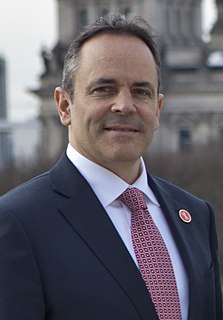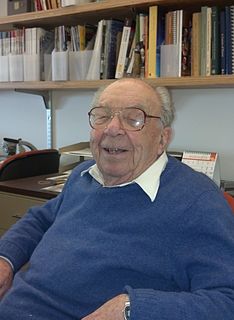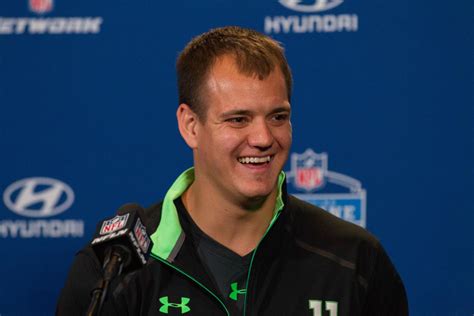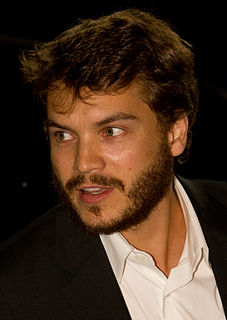A Quote by Edward Snowden
I carefully evaluated every single document I disclosed to ensure that each was legitimately in the public interest. There are all sorts of documents that would have made a big impact that I didn't turn over, because harming people isn't my goal. Transparency is.
Related Quotes
In those days [batch processing] programmers never even documented their programs, because it was assumed that nobody else would ever use them. Now, however, time-sharing had made exchanging software trivial: you just stored one copy in the public repository and therby effectively gave it to the world. Immediately people began to document their programs and to think of them as being usable by others. They started to build on each other's work.
The idea that you have to drop any thing that you might be interested in doing because you have to pass that test tomorrow and it's something that you're not interested in, that's just the opposite of education. It's also harming teaching, because the teachers are evaluated by the results of the test.


































